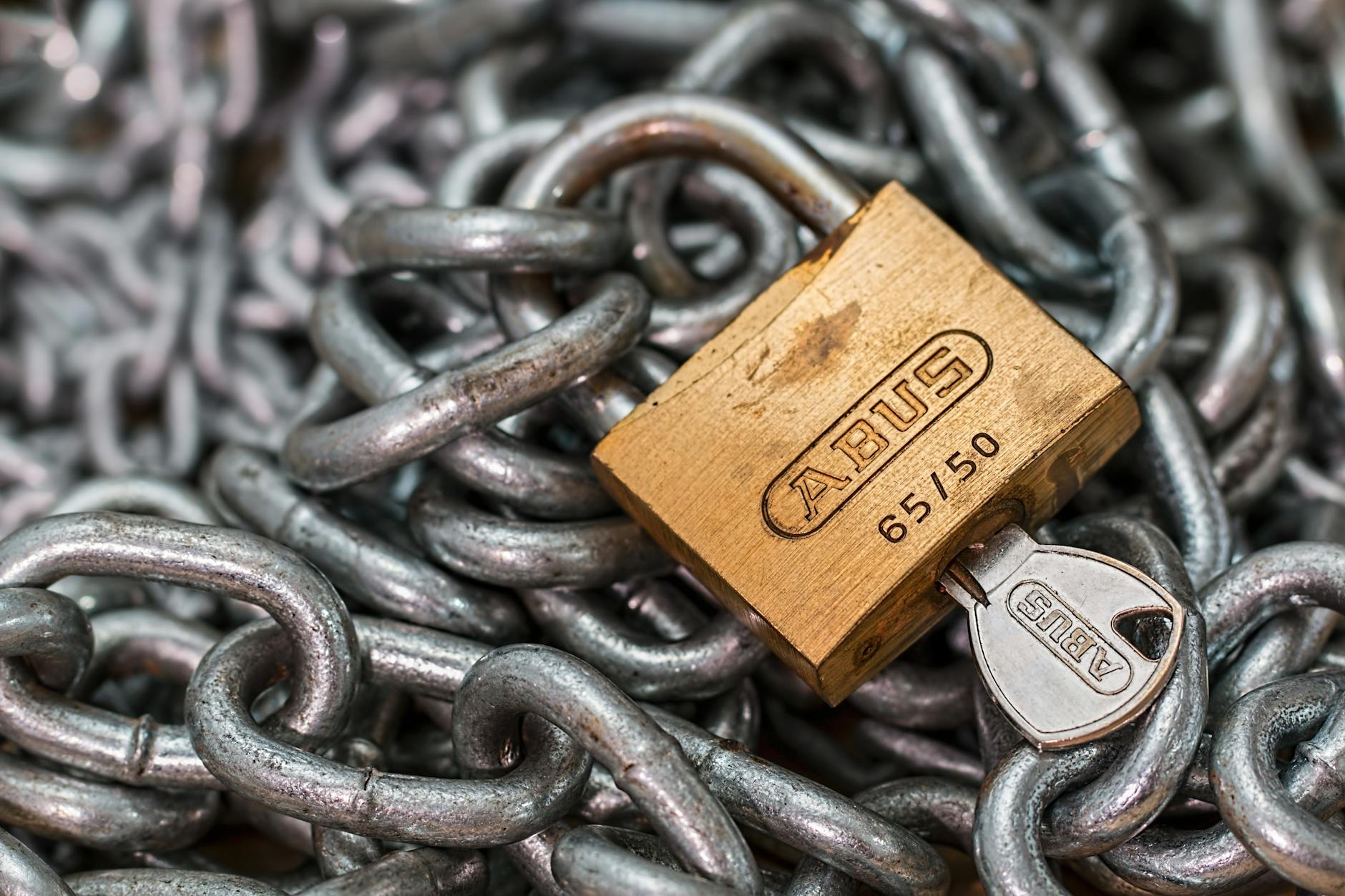Uncover the hidden dangers of leaving your work unprotected and learn how copyright registration can safeguard your creations effectively.
Table of Contents
A copyright is a form of intellectual property that grants the creator of an original work exclusive rights to its use and distribution. In India, copyright registration is crucial for protecting various forms of creative works such as books, music, artwork, and software. Understanding the process and benefits of copyright registration is essential for creators looking to safeguard their work.
Copyright Registration Process
The process of copyright registration involves submitting an application to the Copyright Office along with the necessary documents and fees. The Copyright Office will review the application to ensure that it meets the requirements for copyright protection. Once approved, the creator will receive a copyright certificate, providing legal evidence of ownership.
Benefits of Copyright Registration
Copyright registration offers several benefits to creators. Firstly, it establishes a public record of the copyright ownership, making it easier to prove ownership in case of infringement. Additionally, registered copyrights provide the creator with the exclusive right to reproduce, distribute, and display their work, giving them control over its use.
Copyright Renewal Process
In India, copyrights are protected for the lifetime of the creator plus 60 years. However, it is essential to renew the copyright registration after the initial term expires to maintain protection. The renewal process involves submitting a renewal application along with the required fees to the Copyright Office.
Copyright Transfer Process
Creators have the option to transfer their copyright to another party through a legal agreement known as a copyright transfer. This process involves documenting the transfer of ownership rights, ensuring that the new owner has the legal authority to use and distribute the copyrighted work.
| Benefits of Copyright Registration | Explanation |
|---|---|
| Legal Protection | Registration provides legal evidence of ownership and is required to bring a lawsuit for infringement. |
| Deterrent to Infringement | Public record of copyright can deter potential infringers from using your work unlawfully. |
| Presumption of Validity | Registration creates a legal presumption of the validity of your copyright and the facts stated in the registration. |
| Right to Damages and Attorney’s Fees | Registration is required to seek statutory damages and attorney’s fees in an infringement lawsuit. |
| International Protection | Registration with the U.S. Copyright Office can help establish your rights in other countries through international treaties. |
Importance of Copyright Search
Conducting a copyright search is essential before applying for copyright registration to ensure that the work is original and does not infringe on existing copyrights. A thorough copyright search can help creators avoid potential legal issues and protect their work from claims of infringement.
Conclusion
TRADEMARK
Copyright registration is a critical step in protecting creative works and ensuring that creators retain control over their intellectual property. By understanding the copyright registration process and the benefits it offers, creators can safeguard their work and prevent unauthorized use. If you are a creator looking to protect your work, consider registering your copyright today to secure your rights and preserve the value of your creations.
Why is copyright registration important?
Copyright registration is crucial as it provides legal evidence of ownership, deters infringement, and allows creators to seek damages in case of infringement.
How long does copyright protection last?
In India, copyright protection lasts for the lifetime of the creator plus an additional 60 years.
What is the process for renewing copyright registration?
To renew copyright registration, creators need to submit a renewal application along with the required fees to the Copyright Office.
Can copyrights be transferred to another party?
Yes, copyrights can be transferred through a legal agreement known as a copyright transfer, which documents the transfer of ownership rights to another party.

